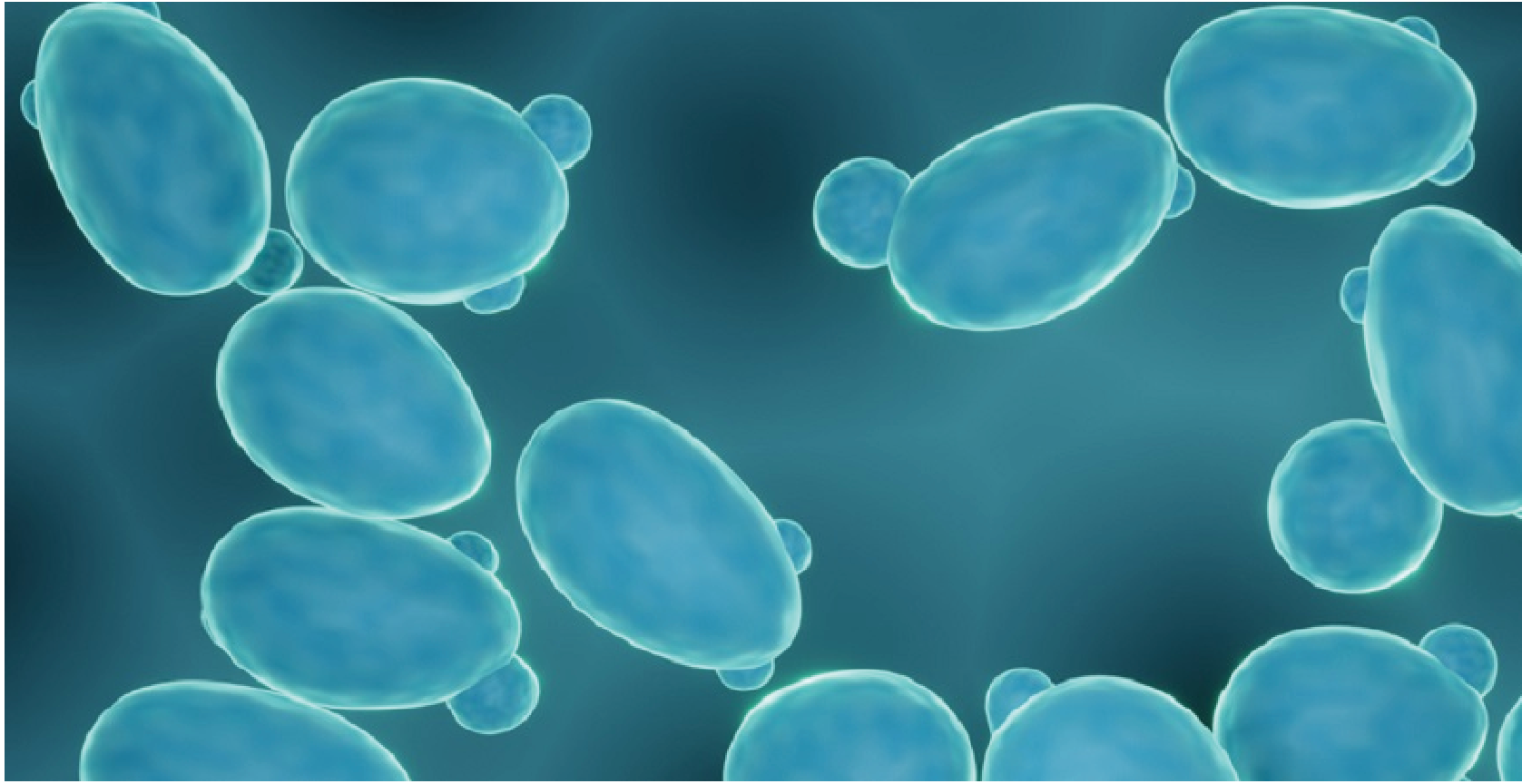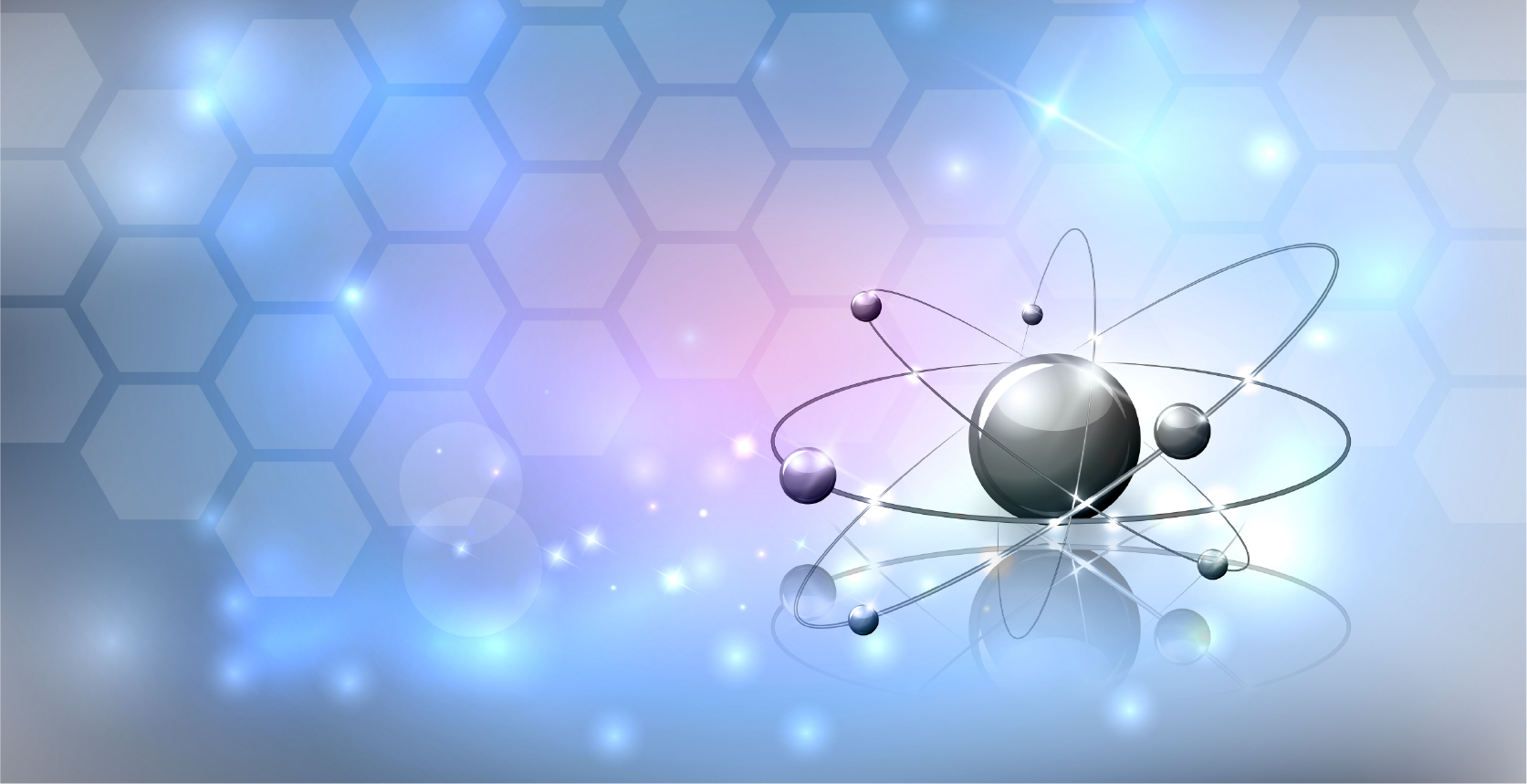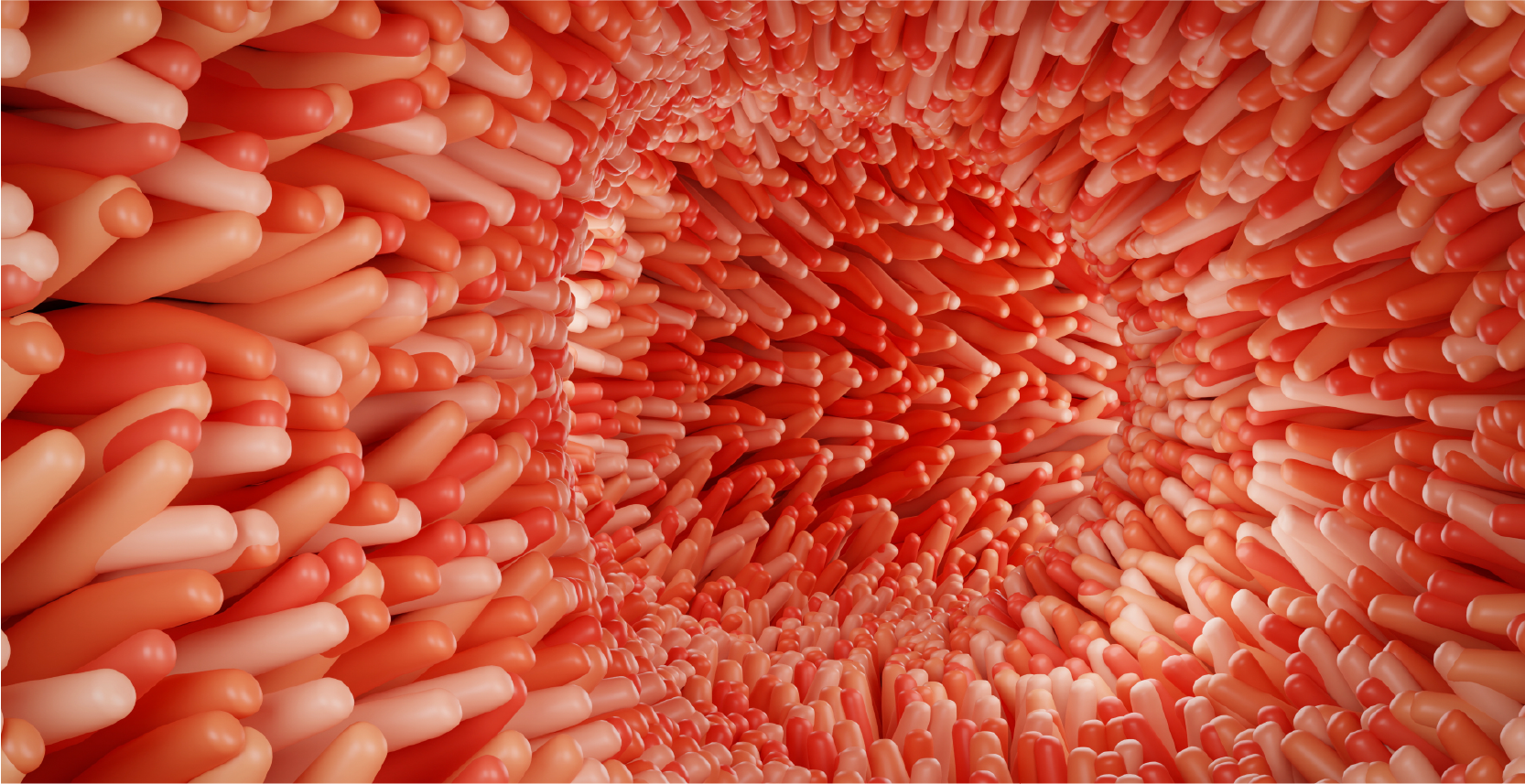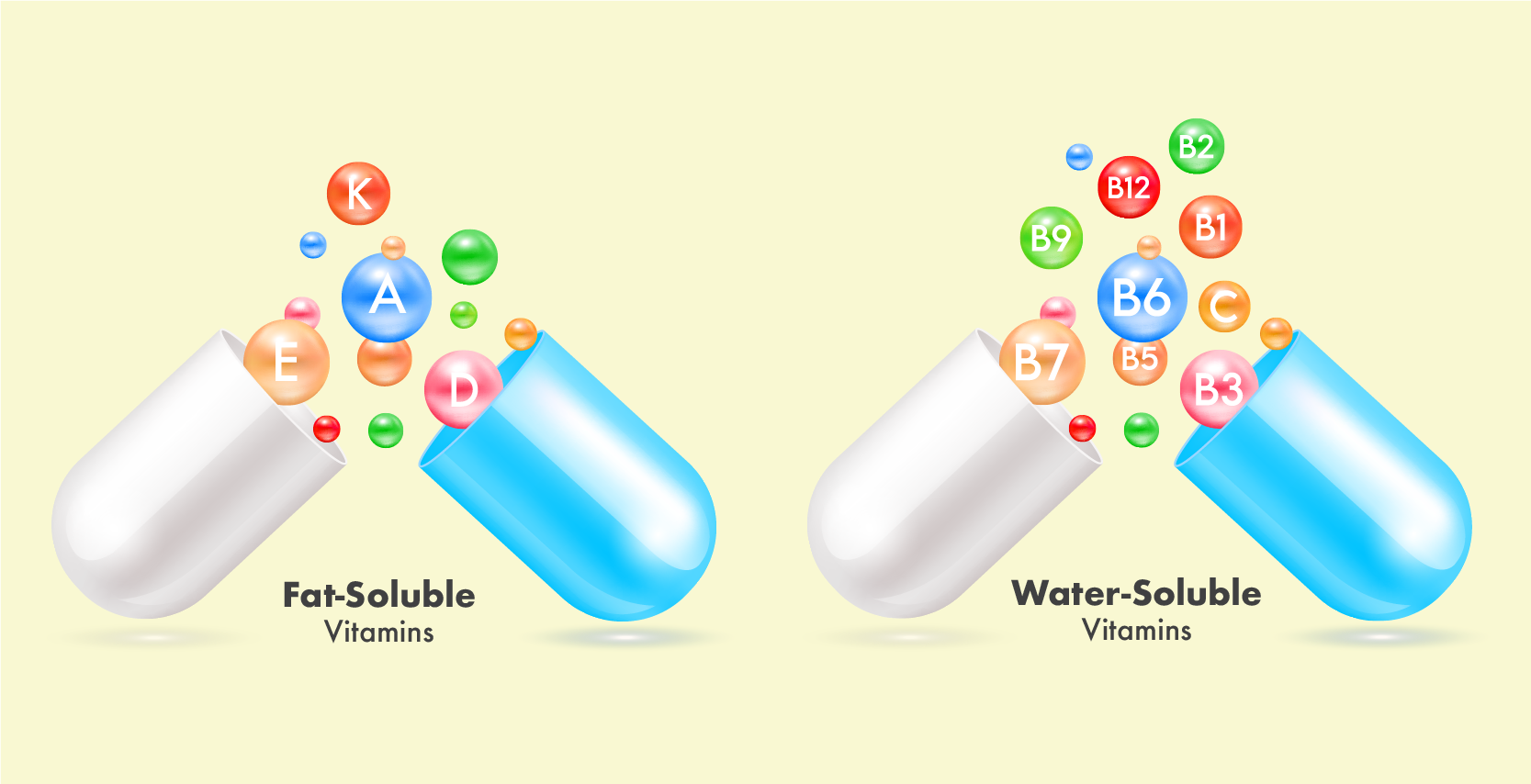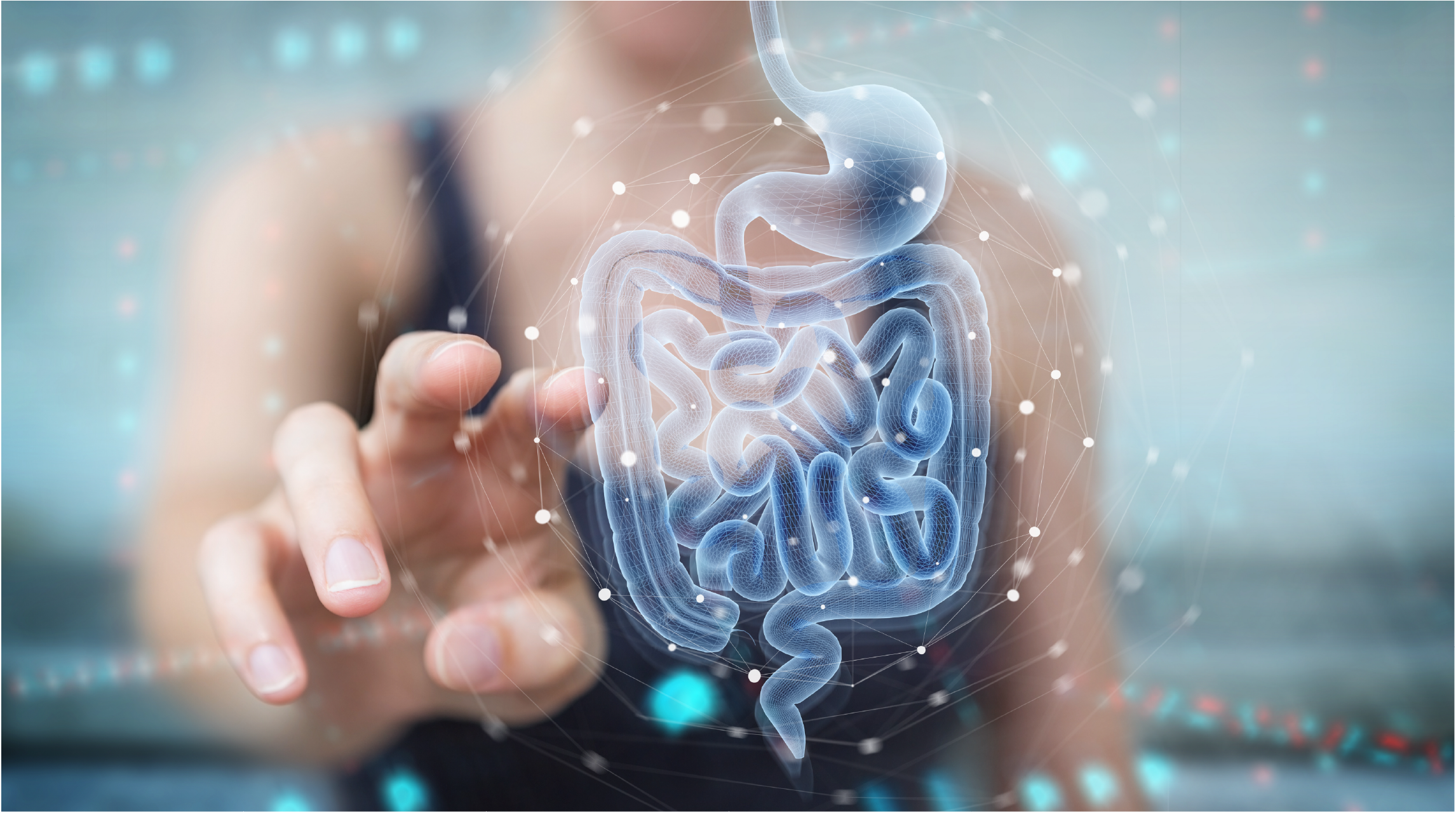
The gut is a remarkable ecosystem teeming with trillions of microorganisms, collectively known as the gut microbiome. Maintaining a well-balanced gut microbiome is most commonly associated with healthy digestion and strong gastrointestinal tract health, however the benefits extend far beyond this. In this blog, we’ll explore the significance of a well-balanced gut microbiome and the potential disruptions it can face, as well as key probiotic strains within the Lactobacillus and Bifidobacterium genera and how they can offer support to achieve optimal gut health, immune function, vaginal health, brain function, oral health and overall well-being.

